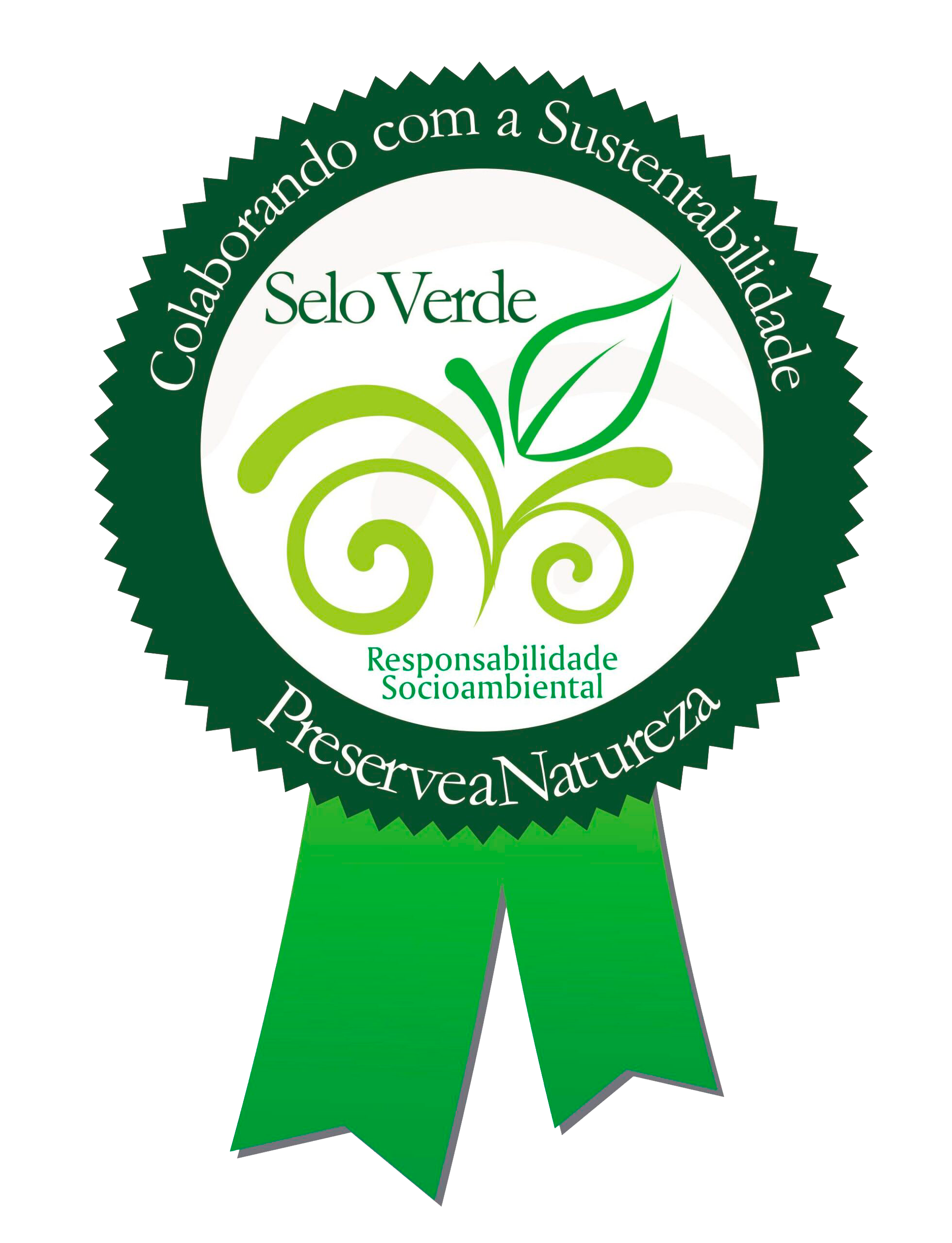What is Waste Coprocessing?
Waste coprocessing is an environmentally sustainable technique primarily utilized in the cement industry, leveraging waste materials as alternative fuels or raw material substitutes in cement production. This method integrates waste management with industrial production, reducing reliance on fossil resources and minimizing landfill disposal. Through coprocessing, discarded materials are transformed into valuable inputs, promoting a circular economy and reducing ecological footprints.
Benefits of Waste Coprocessing
Waste coprocessing provides a range of environmental and economic benefits. It helps decrease the volume of waste sent to landfills, reducing soil and groundwater pollution. Furthermore, it replaces fossil fuels, aiding in the conservation of natural resources and reducing greenhouse gas emissions. Economically, coprocessing can lower operational costs for industries and create new market opportunities in waste management. Companies that adopt this practice also enhance their public image by demonstrating a commitment to sustainability.
Types of Waste Used
Depending on their properties and the specific industrial process, various types of waste can be utilized in coprocessing. Commonly used wastes include industrial waste such as solvents, rubber, and plastics; municipal solid waste, including treated household and commercial waste; and agricultural waste, like biomass from sugarcane bagasse and rice husks. Each type of waste must be carefully evaluated and prepared to ensure its suitability for coprocessing, optimizing energy efficiency, and minimizing adverse environmental impacts.
Coprocessing Process
The coprocessing process begins with the selection and preparation of waste materials. The materials are classified, treated, and processed to meet necessary specifications, eliminating contaminants and preparing them for use in the cement kiln. In the kiln, the waste is burned at high temperatures, releasing energy that partially replaces fossil fuels. Simultaneously, the waste may integrate into the clinker raw material, the primary component of cement. The process is rigorously monitored to ensure efficiency and environmental safety, with continuous emission control.
Environmental and Safety Considerations
The implementation of coprocessing must adhere to strict environmental and safety standards. Quality control of the waste is essential to prevent the release of toxic substances. Advanced monitoring technologies are employed to ensure that emissions remain within regulatory limits. Furthermore, operations must be conducted by qualified professionals, ensuring that all steps, from waste selection to kiln combustion, are executed safely and effectively.
Benefits for Society and the Environment
Coprocessing offers extensive benefits for society and the environment. By reducing the amount of waste in landfills, it decreases the risk of soil and groundwater contamination. The substitution of fossil fuels with waste contributes to climate change mitigation by reducing greenhouse gas emissions. Local economies can benefit from job creation and the development of new waste management markets. Additionally, the practice of coprocessing promotes environmental awareness and encourages other industries to adopt sustainable practices.
How to Contract Coprocessing Services
To engage in coprocessing services, companies should initially identify the types of waste they generate and verify their suitability for coprocessing. Next, they should seek a specialized company for guidance on the necessary procedures. The process includes waste assessment, defining collection and transportation methods, and proper treatment of the materials. Specialized companies provide comprehensive technical and operational support, ensuring that coprocessing is conducted efficiently and in compliance with environmental standards.
Trust UTD SUZANO for Coprocessing
With a strong commitment to legal compliance and environmental protection, UTD SUZANO ensures that the entire coprocessing process is conducted safely and effectively. Contact us to discover how we can assist your company in adopting responsible and sustainable practices, transforming waste into valuable resources. Reach out to us and start your journey toward sustainability!











